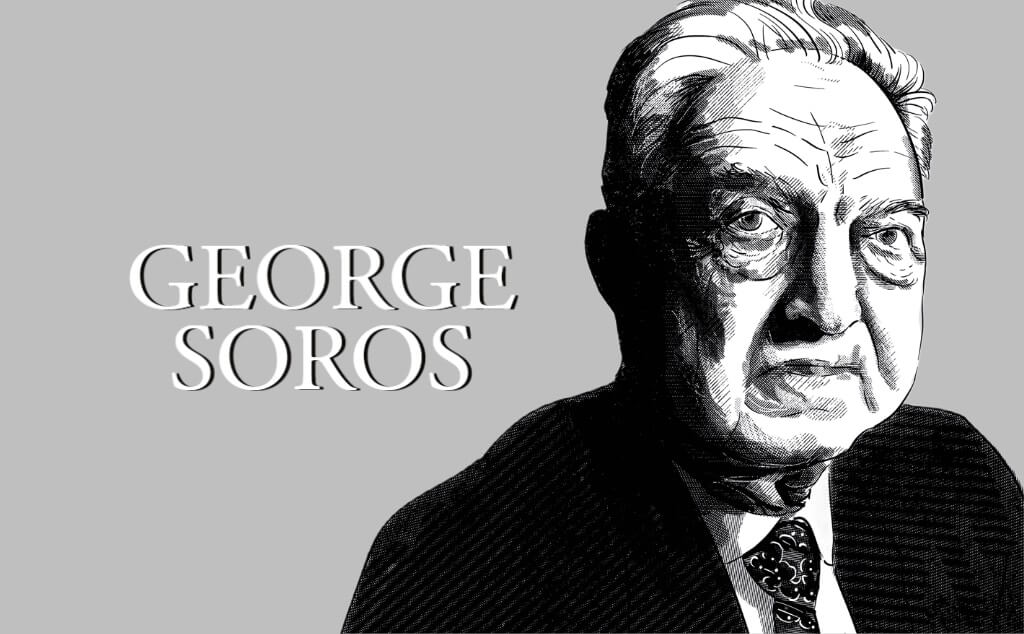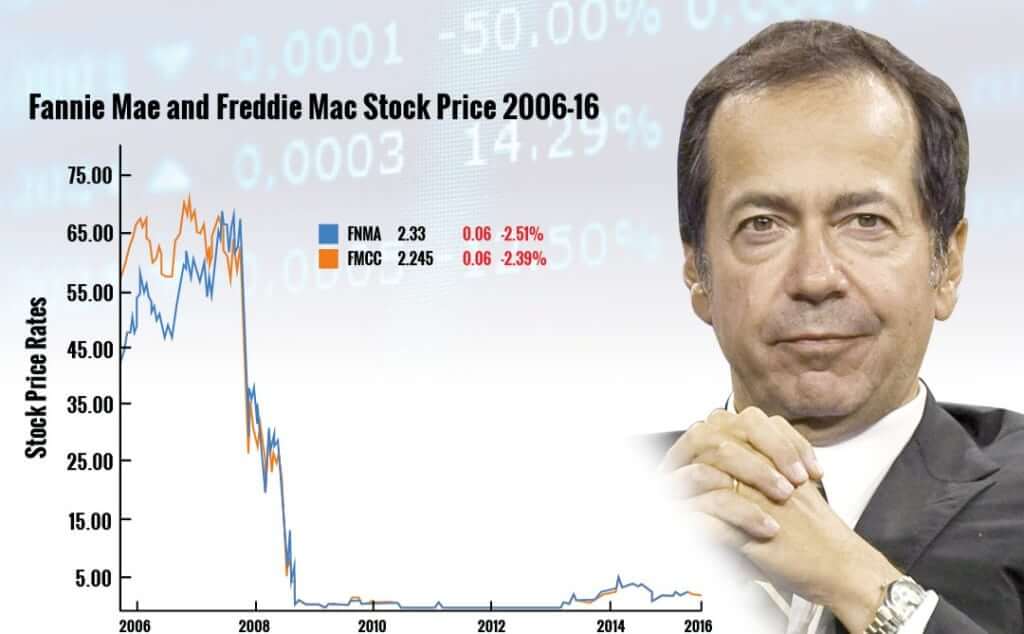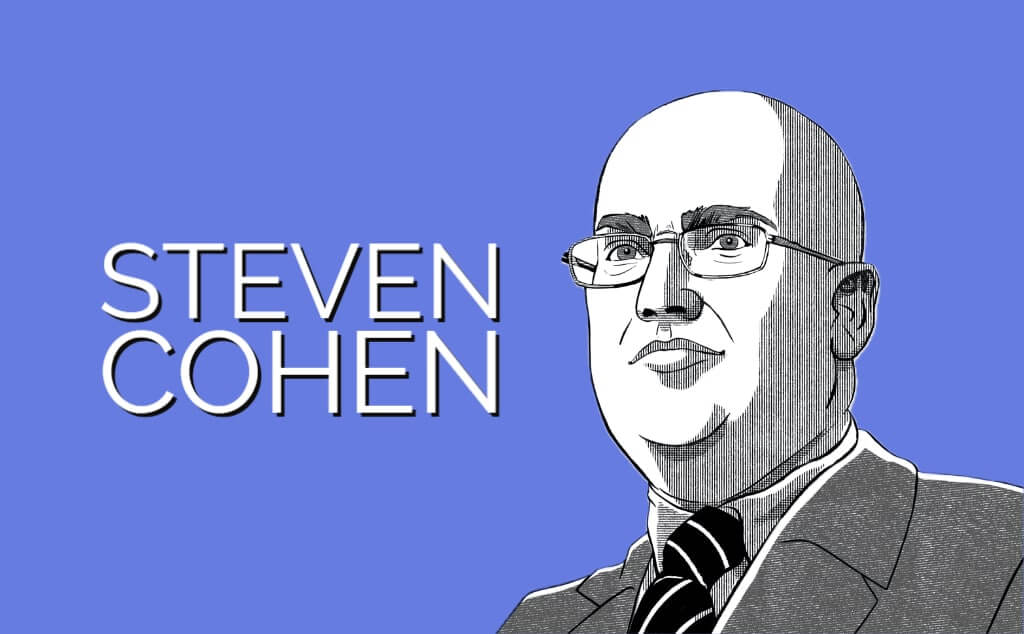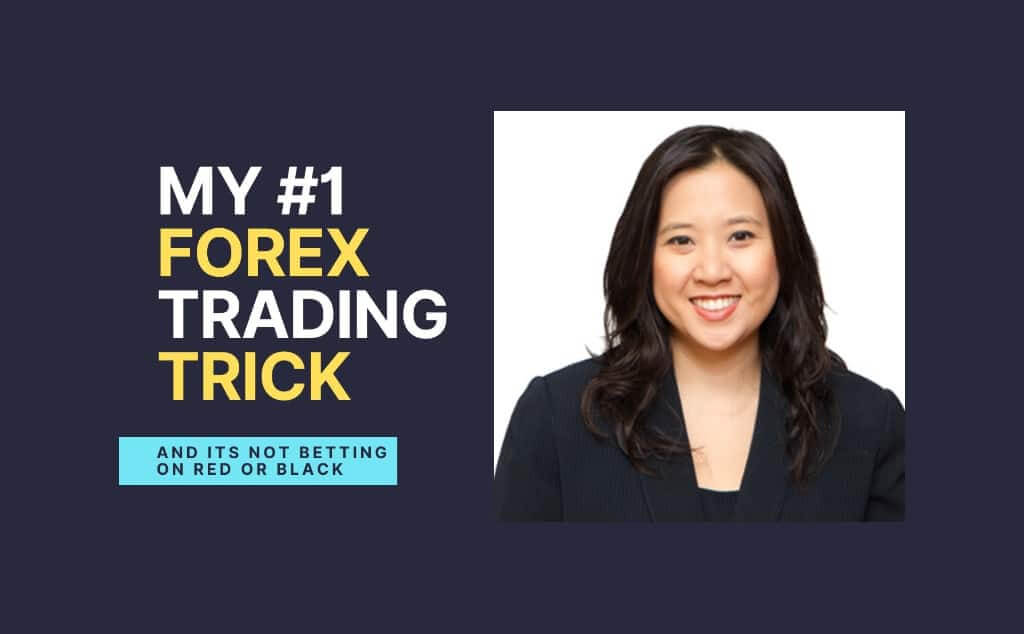
The most famous stock traders and their trading tips
Who is the most successful day trader in the world? Who are the most famous stock traders on the planet? They come from different backgrounds with different career paths. But one is for sure. Their lives were colored with success and tragedy, like Jesse Livermore, a famous trader who took his own life in 1940. Each had a different trading style, be it fundamental to technical analysis. Some have made fortunes through financial crises like the 1987 stock market crash.
This article outlines investors and traders with almost mythological status in the financial industry. Let’s get started with the most prominent names.
Warren Buffet: The Oracle of Omaha
He was born in Omaha to a stock trader father. He was exposed to finance at a young age and became interested in it, leading him to attend Columbia University. The portfolios made out of funds from family and friends performed exceptionally for the period (+30%). Warren Buffet persuaded other investors to give him money to invest in the stock market. By 1960, he was already running 7 investment funds out of his house. After its securities were highly valued in 1962, it consolidated its 7 funds into Buffet Partnership Limited. He took over the management of Berkshire Hathaway in 1965.
Here is his simple strategy. He invests in companies he estimates are undervalued and with great potential over the long run only. He specifically invests in companies he fully understands (so he stays away from high-tech companies). Warren Buffet only invested long-term, so he suffered big losses in the 1974 and 1987 stock market crashes. However, these reasonable investments bring him a lot in the long run since he has four more than 50 years outperformed indexes such as the S&P 500 or Dow Jones.
Many consider Warren Buffet, the greatest trader of all time.
His Berkshire Hathaway investment fund is $427 billion, and his fortune is estimated at $53.5 billion.
Trading tip: Never lose money. He believes that it is more vital to protect capital than to try to make a quick profit,
George Soros

He was born in Budapest in 1930 to a writer’s father. He moved to England in 1947 to enroll in the London School of Economics. Immediately after receiving his degree, he traveled to Wall Street to work as a stockbroker until he had “earned enough money to be a philosopher or writer for the rest of his life.” But Soros’ luck would have it otherwise; after his success in the American markets, he established his own investment company, the Soros Fund Management. The Soros fund’s area of expertise is financial bubble bust speculation. Although it is too early to profit, he is betting against Japanese stocks. When England was experiencing a recession in 1992, he gambled 10 billion pounds on the pound falling, and as a result, prices fell dramatically.
As a result, he has earned the moniker “the man who broke the Bank of England.” He made 1.8 billion dollars from just this one enterprise. His fund kept making incorrect bets on the decline of other currencies, particularly the franc.
Soros’ personal wealth is estimated to be worth $19.2 billion, while Soros Fund Management now oversees over $28 billion in assets.
Trading tip: Markets are continuously in a state of flux and uncertainty, and money is made by betting on the unexpected and discounting the obvious.”
James Simons: the mathematician of finance
James Simons, a financial mathematician
One of the pioneers of financial mathematics is James Simons, who established a financial investment fund in 1980 using mathematical investing models. He even predicted the subprime mortgage crisis in 2007 and short-sold in anticipation of a decline in price. James Simon, who has a deep love for mathematics, nonetheless donates a portion of his earnings to academic mathematics departments.
He has $11.7 billion in wealth. His “renaissance technologies” hedge fund is no longer under his management since he is currently retired.
Jim Simons uses a quantitative trading strategy. To capitalize on available trading and investing opportunities, quantitative trading (also called quant trading) uses computers and programs based on simple or complex mathematical models.
John Paulson: the man who predicted the subprime crisis

The New York weekly news ranking has dubbed John Paulson “the sultan of subprime” as well. Paulson and Co., a hedge fund, was founded by him. This astute trader anticipated the subprime crisis in 2007 and engaged in extensive short-selling with the majority of his hedge funds. It increased the capital of some of these funds by 2500%! Paulson made $3 billion in 2007 as a result of this strategy, and he now enjoys the luxury of hiring Alan Greenspan as a consultant in one of his funds.
John Paulson is renowned for foreseeing and betting on the decline of subprime mortgages, but he also put money into industry and farming (with 3.7 billion dollars in profits in 2007). His net worth is estimated to be 11.2 billion dollars, and his funds manage a total of 35 billion dollars in assets. In order to have success in a particular investment, it is important to have knowledge of the assets and instruments being used. Knowing more than others about certain instruments and markets will provide an advantage and is a more reliable way to succeed in the long-term.
Robert F. Smith
One of the most famous and successful black investors is Robert F. Smith.He is the founder of Vista Equity Partners, a company that invests in technology aiming to improve economic justice. His investing approach is a mix of strict risk management and high social conscience. Vista Equity Partners is now managing more than 94 billion USD in assets.
Steven Cohen: the hedge fund king

Steve Cohen, of Jewish descent and hailing from a humble upbringing on Long Island, rose to fame as a stock trader. After joining the first American Jewish fraternity, Zeta Beta Tau, he went on to become a broker for Gruntal & Co, and eventually created a $100 million investment fund. Due to his massive success, he was nicknamed “Mr. $100,000 a Day”, referring to his average daily earnings at Gruntal & Co. His fund’s VAD shares were a great success, and his fund now manages over 14 billion dollars in assets.
His fortune is estimated at 9.3 billion dollars.
Trading tip: Everyone should do their own research and develop their own way of trading. It is important not to follow other trading styles.
Paul Tudor Jones: New York’s “Robin Hood”
Paul Tudor began his career at E.F. Hutton, but he decided to gain practical experience in the financial markets instead of attending Harvard. He specialized in cotton futures, and went on to establish the Tudor Investment Corporation in 1980. He made his fortune in 1987 when he correctly predicted Black Monday and shorted the markets heavily. Reports say he tripled his capital that week. Now his investment fund manages almost 20 billion dollars, and his net worth is approximately 3.6 billion dollars. His advice to traders is to exit when the market allows, not when they want, and not to overestimate their abilities or trade too much.
Kathy Lien

Among female stock traders, Kathy Lien is one of the most prominent figures. At the age of 18, she began her career on Wall Street. At 21, Lien launched DailyFX.com, where she focused on G20 currencies. She worked for specialized Forex websites as well as for JP Morgan Chase, specializing in the currency market. She’s an expert in developing stock and Forex trading strategies. Here trading strategies and valuable financial insights are featured in media such as Bloomberg, CNBC, and The WSJ.
Philip Falcone: the hockey player from New York
Phil Falcone, a former star hockey player at Harvard, has been consistently ranked among the top 100 traders globally for the past 10 years. He departed from his post at Barclays to establish his own investment fund with a relatively small sum of 25 million dollars. His risky decision to invest in subprime mortgages earned him a staggering 1.5 to 2 billion dollars in 2007. With his expertise in companies in financial distress, his current net worth is estimated at 1.2 billion dollars.




